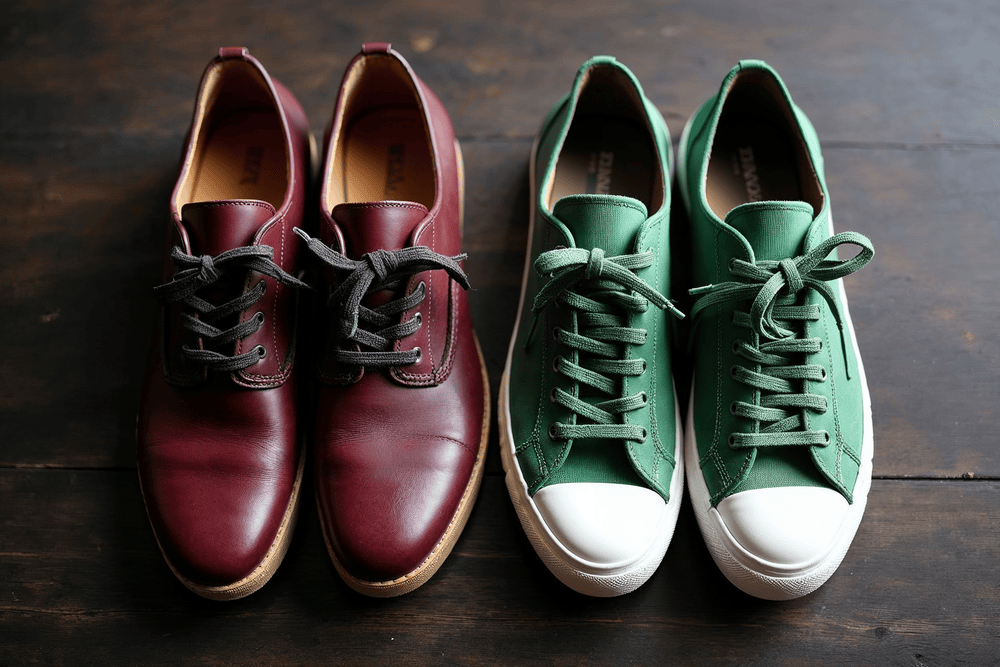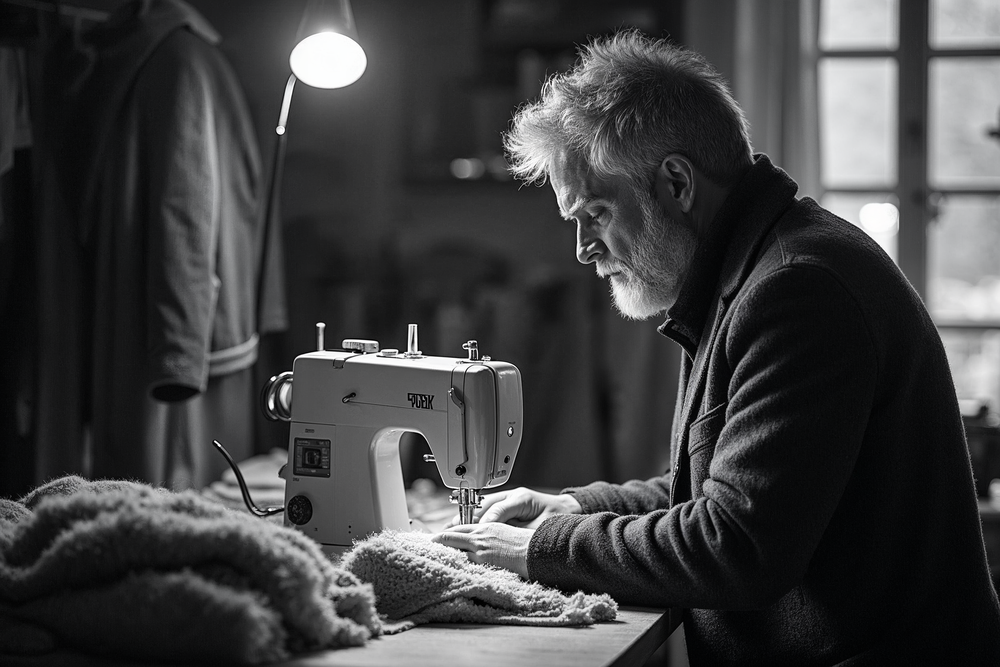Luxury vs. Budget: When It’s Worth Spending More
Natalie Kim
2025-11-01
6 min read

In a world full of options, we’re constantly choosing between luxury and budget—between splurging and saving. Whether it’s a car, a pair of shoes, or even a cup of coffee, the decision often comes down to value: is the higher price truly worth it? Understanding when to spend more (and when to save smartly) can help you make better financial decisions without sacrificing quality or comfort.
The Psychology of Spending
Before diving into specifics, it’s worth understanding why luxury often appeals to us. Luxury goods aren’t just about function—they’re about experience, emotion, and status. The feel of premium leather, the reliability of a well-engineered appliance, or the confidence from wearing something finely tailored all play a part in why people spend more. However, luxury doesn’t always mean better. Sometimes, marketing drives the perception of quality rather than actual performance. The key is distinguishing between emotional satisfaction and long-term value.
When It’s Worth Spending More
While there’s nothing wrong with choosing budget-friendly options, there are certain times when spending extra actually pays off—financially, practically, and emotionally.
Items You Use Every Day
Products that see daily use—like shoes, mattresses, and smartphones—should be seen as investments rather than expenses. A high-quality mattress, for example, can improve your sleep and health for years. Similarly, well-made shoes not only last longer but provide better comfort and support, reducing future medical costs from poor posture or back pain.
Rule of thumb: If you use it daily and it impacts your well-being or productivity, it’s worth paying for quality.
Health and Wellness
Health-related products and services are among the most important areas to spend wisely. Investing in organic produce, quality supplements, or a reliable gym membership contributes directly to your long-term health. The same applies to medical or dental care—cutting corners here can lead to much higher costs down the road. Think of it this way: spending more on prevention is almost always cheaper than paying for correction.
Travel and Experiences
Research shows that experiences bring more lasting happiness than material possessions. While it’s tempting to book the cheapest flight or hotel, sometimes a little extra money goes a long way toward comfort, safety, and memory-making. A reputable airline, a well-reviewed resort, or an immersive cultural tour can elevate your experience and reduce stress. If you’re traveling for a special occasion or with loved ones, consider luxury as an investment in lifelong memories rather than just a higher bill.
Timeless Fashion and Accessories
Fast fashion may save money upfront, but it often leads to waste and disappointment. Investing in classic, well-tailored pieces—like a quality coat, leather handbag, or versatile watch—pays off in durability and style longevity. These items tend to withstand changing trends and can last for years with proper care. You don’t need to buy designer everything—just focus on versatile staples that hold their value.

Tools of Your Trade
If something directly affects your income or craft, don’t skimp. For example, a photographer benefits from professional-grade lenses, while a chef values high-end cookware. These investments not only improve output but also boost efficiency, reliability, and reputation.
Bottom line: If quality tools make your work easier or enhance your career, the upfront cost is justified.
When to Save and Go Budget
On the other hand, not every purchase deserves a splurge. Knowing where to scale back is just as important.
Trendy or Disposable Items
Anything you’ll likely replace in a few months—seasonal fashion, cheap gadgets, or decor trends—belongs in the budget category. These items rarely retain value and are more about short-term satisfaction.
Basic Household Items
Paper products, cleaning supplies, and storage containers don’t require premium pricing. As long as they serve their purpose safely and effectively, the budget versions are often just as good.
Entertainment and Media
Streaming subscriptions, movies, and books are experiences you can enjoy affordably. With so many free or low-cost options available, there’s little reason to overspend here unless it’s something truly meaningful to you.
Cars and Tech That Depreciate Quickly
Technology and vehicles lose value rapidly. Unless you need top-tier performance for work, going mid-range often gives you the best balance of quality and affordability. Many budget-friendly brands now rival premium models in reliability and design.
Finding the Balance
The real key isn’t about choosing luxury or budget—it’s about knowing where each belongs in your life. Here are a few guiding questions to ask yourself before any major purchase:
- Will I use this often or occasionally?
- Does this improve my quality of life long-term?
- Can a cheaper version meet my needs just as well?
- Am I buying this for function or status?
Being mindful about these choices helps you align spending with your values and lifestyle—not just your wallet. Luxury doesn’t always mean excess, and budget doesn’t always mean cheap. Sometimes, paying more buys peace of mind, durability, and a better experience. Other times, saving smart frees up resources for what truly matters.



